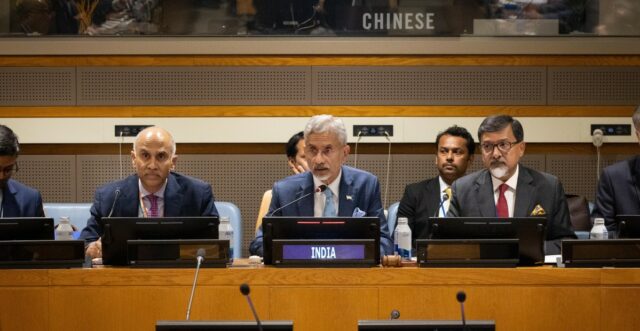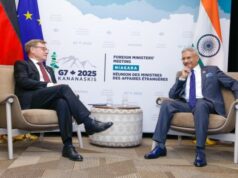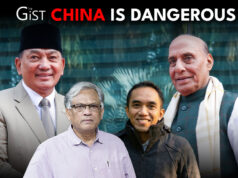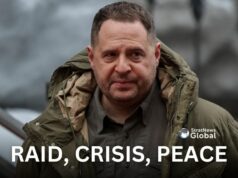
Amid deepening global tensions, BRICS nations have launched a coordinated diplomatic offensive, positioning themselves as the voice of the Global South against militarism, selective outrage and broken international promises.
At a meeting of BRICS foreign ministers chaired by India’s External Affairs Minister S Jaishankar on the sidelines of the UN General Assembly session in New York, the bloc condemned aggression in West Asia, the Pahalgam terrorist attack in India and the rising use of double standards in global diplomacy.
United Stance On Gaza, Qatar
In a statement beyond typical diplomatic language, the ministers condemned Israel’s military operations in Gaza. They demanded an immediate and permanent ceasefire, full withdrawal of Israeli troops and unrestricted humanitarian access to the besieged population. The bloc also expressed firm support for the reconstruction of Gaza under Palestinian leadership, referencing the March 2025 Emergency Arab Summit’s resolutions.
BRICS condemned Israeli airstrikes on Qatar, calling it a “flagrant violation” of sovereignty and international law. The attack was portrayed by BRICS as a dangerous escalation that undermines regional and global security.
On Palestine, Clear Call For Justice
BRICS ministers backed Palestine’s full membership in the United Nations, reaffirming its commitment to the two-state solution based on the 1967 borders, with East Jerusalem as the capital of a sovereign Palestinian state.
The ministers also condemned any attempt to forcibly displace Palestinians under any pretext, rejecting population transfers as illegal under international law. They stated that a just political solution, not indefinite occupation or external military arrangements, is the only sustainable path to peace.
Pahalgam Attack Condemned
BRICS also stood firmly behind India in condemning the terrorist attack in Pahalgam, Jammu & Kashmir, where 26 civilians were killed in April. The attack was described by BRICS as a “heinous crime” that must not go unpunished.
The bloc used the moment to challenge the double standards in global counter-terrorism narratives, indirectly pointing to how similar attacks in the Global South are often met with silence or insufficient international attention.
The ministers reiterated their support for the finalization of the Comprehensive Convention on International Terrorism and called for concerted global efforts to tackle financing, cross-border movement and state-sponsored terrorism, without exception.
BRICS Rejects Militarism, Urges Diplomacy
BRICS condemned recent military strikes on Iran, warning against the targeting of civilian and nuclear infrastructure, and calling the actions a breach of international law and IAEA safeguards. The ministers highlighted the need to prevent further escalation and called on the UN Security Council to take responsibility.
Turning to Africa, the bloc expressed deep concern over the conflict in Sudan, which has triggered a severe humanitarian crisis and regional instability. Calling for an immediate and unconditional ceasefire, the ministers urged humanitarian access and scaling up of international aid. They also supported the African Union’s growing leadership role, both in regional peace efforts and at the global level, celebrating its recent full membership in the G20 as a major victory for the continent and the Global South at large.
Bigger BRICS, Bolder Vision
While addressing crises, BRICS also used the moment to reaffirm its internal consolidation. The ministers backed the expansion of BRICS, following the Johannesburg II summit, and reaffirmed their shared commitment to multilateralism, non-intervention and equal voice in global affairs.
India’s upcoming 2026 chairship was welcomed enthusiastically, with strong support for its hosting of the XVIII BRICS Summit. Initiatives like the BRICS Startup Forum, led by India, and the proposed Big Cats Alliance were seen as steps toward greater soft power collaboration within the bloc.
Call For UN Reform
A repeated theme throughout the BRICS statement was the urgent need to reform global governance structures, particularly the UN Security Council. The ministers reiterated their support for India and Brazil’s aspirations to take on more prominent roles in an expanded UNSC that reflects today’s geopolitical realities, not the frozen post-WW II power balance.
“The world cannot continue to be governed by a system where the voices of over half the planet are sidelined,” the statement suggested, echoing long-standing frustrations from across the Global South.




